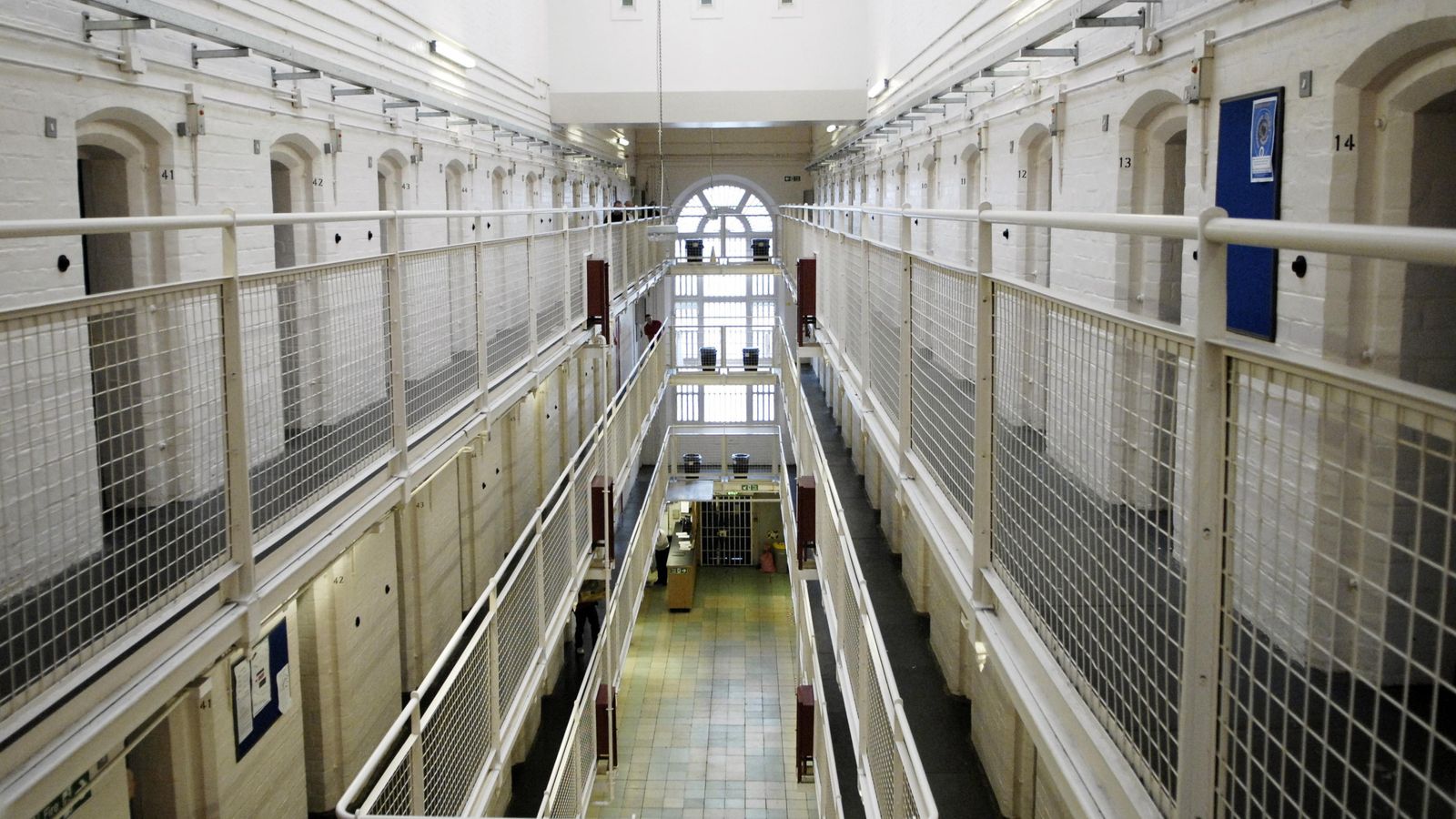U.K News
‘Tough on crime’ drive behind prison capacity crisis, says sentencing review report

The Rising Prison Population: A Crisis Decades in the Making
The prison system in England and Wales is facing an unprecedented crisis, driven by decades of successive governments prioritizing a "tough on crime" agenda. According to a recent report by the Independent Sentencing Review, this approach has led to a spiraling prison population that has overwhelmed the criminal justice system. Despite a overall decline in crime rates since the mid-1990s, the number of people behind bars has continued to rise, with England and Wales now boasting one of the highest prison population rates in Western Europe. The report highlights that the obsession with longer jail terms, often as a political response to public pressure, has been both "knee-jerk" and "unstrategic," failing to deliver justice for victims or reduce recidivism.
The Role of Politics in Shaping Sentencing Policy
The report, led by former lord chancellor and justice secretary David Gauke, lays bare the consequences of decades of reactive and poorly thought-out sentencing policies. Politicians, eager to appear tough on crime, have repeatedly increased prison sentences for individual offenses without considering the broader impact on the system. This has resulted in a criminal justice system operating in a "vacuum," where decisions are made without regard for the strain they place on prisons, probation services, and rehabilitation programs. For instance, the number of offenders recalled to prison while on license has skyrocketed from fewer than 100 in 1993 to nearly 13,000 by December 2024. This trend has exacerbated overcrowding and stretched resources to the breaking point.
The Government’s Controversial Response to Overcrowding
In an attempt to address the crisis, the government took the controversial step of releasing thousands of prisoners early last September. This move, which temporarily reduced the proportion of a sentence served in prison from 50% to 40%, was met with widespread criticism. Prime Minister Sir Keir Starmer defended the decision, arguing that it was necessary to prevent the complete collapse of the system. However, he placed the blame squarely on the shoulders of previous governments, accusing them of decades of "haphazard policymaking" and underinvestment in the criminal justice system. The move underscores the desperation of a system struggling to cope with the consequences of its own policies.
The Human Cost of Overcrowding and Underfunding
The report paints a grim picture of the impact of overcrowding and underfunding on both prisons and the probation service. Resources that should be dedicated to rehabilitation and reducing reoffending have been diverted to address the immediate challenges of managing overcrowded facilities. The result has been a system in chaos, where prisons have become "breeding grounds for crime" rather than places of reform. The probation service, tasked with supporting offenders upon release, is equally overstretched, leaving many without the support they need to reintegrate into society. This has created a cycle of offending that is difficult to break.
The Need for a New Approach to Sentencing
The Independent Sentencing Review calls for a radical rethink of sentencing policies, urging policymakers to move beyond the simplistic mantra of "tough on crime." While punishment will always play a role in the criminal justice system, the report argues that it cannot be the only aim. Instead, the focus should shift to creating a more balanced system that prioritizes rehabilitation, community safety, and restorative justice. The report suggests that introducing tougher punishments outside of prison, such as stricter community sentences, could help reduce overcrowding while still holding offenders accountable.
A Call to Action for Systemic Reform
The findings of the Independent Sentencing Review have been welcomed by campaigners, who have long argued that the current system is unsustainable. Andrew Neilson, campaigns director for the Howard League for Penal Reform, described the report as a vindication of what his organization has been saying for years. He emphasized that the crisis facing the prison system is not just about capacity but also about the failure to address the root causes of offending. The report’s recommendations, expected in the spring, offer a chance to reset the system and create a more sustainable and effective approach to justice. However, as Neilson warns, action cannot come quickly enough if the system is to be saved from further deterioration. The coming months will be critical in determining whether policymakers can muster the courage to implement meaningful reforms.


















